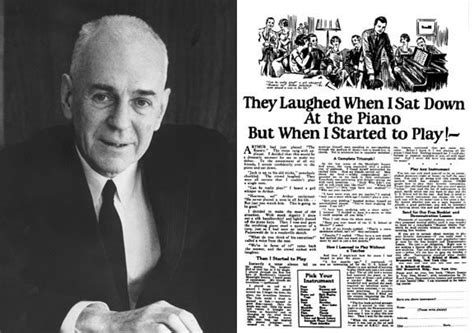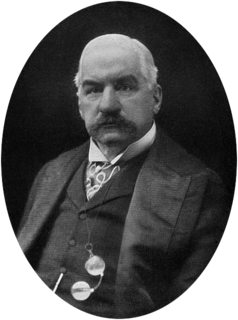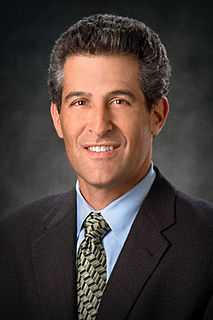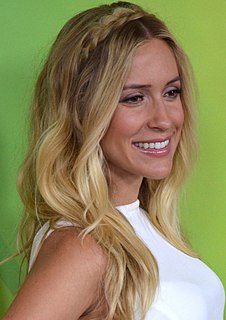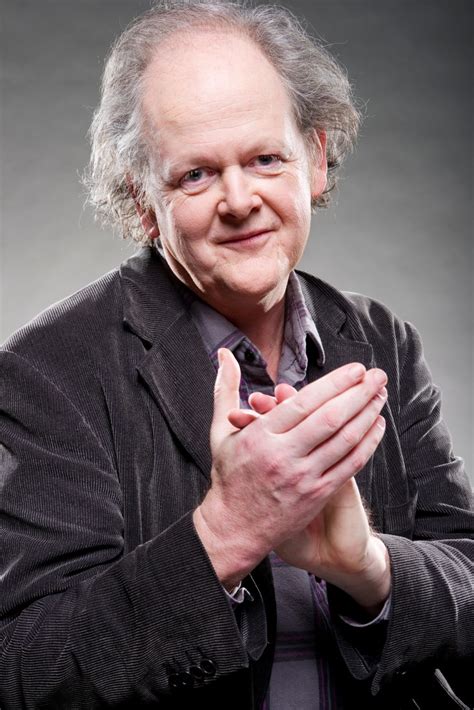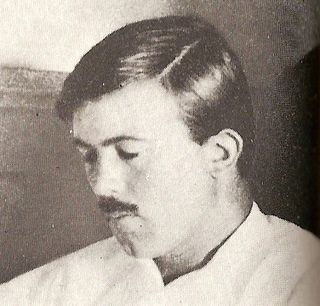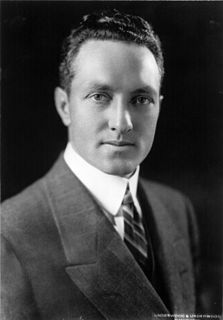A Quote by John Caples
The headlines are critically important. The majority of the public reads little else when deciding whether or not they are interested.
Related Quotes
Don't talk to me about appealing to the public. I am done with the public, for the present anyway. The public reads the headlines and that is all. The story itself is fair and shows the facts. That would be all right if the public read the facts. But it does not. It reads the headlines and listens to the demagogues and that's the stuff public opinion is made of.
My friend Ian Hagemann, a regular at Wiscon, once said on a panel that when he reads science fiction futures that are full of white people and no one else, he wonders when the race war happened that wiped out the majority of the human race, and why the writer hasn’t mentioned such an important plot point.
Pedagogy is not about training, it is about critically educating people to be self reflective, capable of critically address their relationship with others and with the larger world. Pedagogy in this sense provides not only important critical and intellectual competencies; it also enables people to intervene critically in the world.
Deciding whether or not to trust a person is like deciding whether or not to climb a tree, because you might get a wonderful view from the highest branch, or you might simply get covered in sap, and for this reason many people choose to spend their time alone and indoors, where it is harder to get a splinter.
What people think about you is not supposed to matter much, so long as you yourself know where the truth lies; but I have found out, as have others who move in and out of newspaper headlines, that on occasion it can matter a good deal. For once you enter the world of headlines you learn there is not one truth but two: the one which you know from the facts; and the one which the public, or at any rate a highly imaginative part of the public, acquires by osmosis.
Complaints are everywhere heard from our most considerate and virtuous citizens, equally the friends of public and private faith, and of public and personal liberty, that our governments are too unstable, that the public good is disregarded in the conflicts of rival parties, and that measures are too often decided, not according to the rules of justice and the rights of the minor party, but by the superior force of an interested and overbearing majority.
